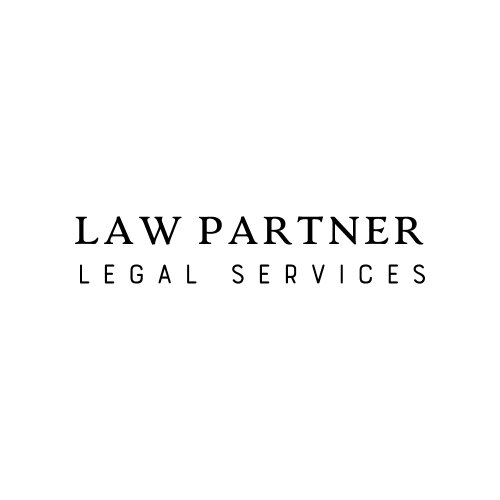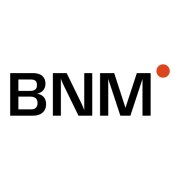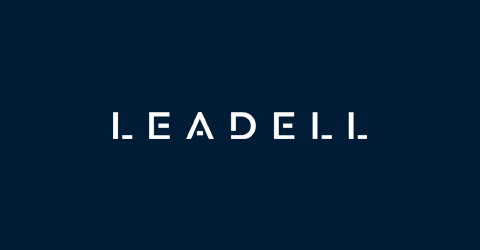Best Equity Capital Markets Lawyers in Republic of Lithuania
Share your needs with us, get contacted by law firms.
Free. Takes 2 min.
Or refine your search by selecting a city:
List of the best lawyers in Republic of Lithuania
About Equity Capital Markets Law in Republic of Lithuania
Equity Capital Markets in the Republic of Lithuania play an essential role in providing companies with access to funds by issuing shares and other equity instruments to investors. This dynamic field encompasses activities such as Initial Public Offerings, secondary offerings, private placements, rights issues, and the trading of shares on regulated markets like Nasdaq Vilnius. The legal framework governing Equity Capital Markets in Lithuania is shaped by European Union regulations as well as national laws, ensuring that capital raising and trading activities are transparent, fair, and well-regulated for both companies and investors.
Why You May Need a Lawyer
Navigating Equity Capital Markets can be complex and involves significant legal considerations. You may require a lawyer if you are planning to list your company on the stock exchange, issue new shares, acquire or dispose of a significant shareholding, or comply with market disclosure and reporting obligations. Lawyers are also essential in structuring equity deals, conducting due diligence, drafting transaction documents, and ensuring compliance with both local and EU legal requirements. Whether you are a business owner, investor, or board member, obtaining legal advice helps mitigate risks, avoid regulatory penalties, and ensure your interests are properly protected.
Local Laws Overview
Equity Capital Markets in Lithuania are primarily regulated by the Law on Securities, the Civil Code, and the Law on Companies. The Bank of Lithuania acts as the supervisory authority, overseeing licensing, disclosure, and operational standards. Key aspects include requirements for public offerings, prospectus approval, disclosures of major shareholdings, insider trading prohibitions, and corporate governance responsibilities for issuers. EU directives such as MiFID II and the Market Abuse Regulation are also directly applicable, shaping how equity instruments are issued, traded, and reported in Lithuania. Companies seeking to be listed must meet strict eligibility, disclosure, and ongoing compliance standards, enforced by both Nasdaq Vilnius as the regulated exchange and national regulatory bodies.
Frequently Asked Questions
What is an Initial Public Offering (IPO) in Lithuania?
An IPO in Lithuania refers to the process by which a company offers its shares to the public for the first time, allowing them to be traded on a regulated market such as Nasdaq Vilnius. This requires regulatory approval, preparation of a prospectus, and compliance with various disclosure obligations.
Who regulates Equity Capital Markets in Lithuania?
The Bank of Lithuania is the main authority overseeing capital markets, including licensing, supervising market participants, and ensuring compliance with regulations. Nasdaq Vilnius organizes and administers the trading of shares and enforces market rules.
When is a prospectus required for a share offering?
A prospectus is generally required when offering shares to the public or seeking admission to trading on a regulated market. There are certain exemptions, such as offers to qualified investors or small offerings not exceeding specified thresholds.
What are the main ongoing obligations for listed companies?
Listed companies must comply with continuous disclosure requirements, such as publishing regulated information, notifying the market of significant events, disclosing financial reports, and adhering to corporate governance standards.
Can foreign companies list shares on Nasdaq Vilnius?
Yes, foreign companies can list their shares on Nasdaq Vilnius provided they meet eligibility criteria, including compliance with listing requirements and submission of necessary documentation.
How are insider trading and market abuse prevented?
Lithuania strictly prohibits insider trading and market manipulation. The Market Abuse Regulation applies, and violations are subject to regulatory investigations, fines, and criminal penalties.
What disclosure obligations arise when acquiring major shareholdings?
Shareholders are required to notify both the issuer and the Bank of Lithuania when their holding reaches, exceeds, or falls below specified thresholds such as 5 percent, 10 percent, and higher increments of company voting rights.
What are the main risks for issuers in equity capital markets?
Risks include regulatory non-compliance, liability for inadequate disclosure, reputational damage, shareholder disputes, market volatility, and penalties for breaches of laws or regulations.
Do private placements require regulatory approval?
Private placements to a limited number of investors or to qualified investors usually do not require a prospectus or regulatory approval, but are still subject to certain disclosure and anti-money laundering requirements.
How can legal advisors assist companies entering the capital markets?
Legal advisors provide strategic and technical support in structuring offerings, preparing required documents, ensuring regulatory compliance, liaising with authorities, and managing the due diligence and execution phases of the transaction.
Additional Resources
For further information and support regarding Equity Capital Markets in Lithuania, consider the following resources:
- The Bank of Lithuania - the main regulatory authority for securities and markets oversight
- Nasdaq Vilnius - the local regulated stock exchange
- Ministry of Finance of the Republic of Lithuania - policy and legal frameworks regarding capital markets
- Lithuanian Central Securities Depository - settlement and custody of securities
- Lithuanian Bar Association - to help locate specialized legal professionals
Next Steps
If you require legal assistance in the field of Equity Capital Markets, begin by identifying your main objectives and potential challenges. Gather all relevant documentation and consider consulting a legal specialist with experience in Lithuanian capital markets law. Approach the Lithuanian Bar Association or seek recommendations for law firms with a proven track record in this field. Arrange an initial consultation to discuss your needs, assess the legal requirements for your transaction, and outline a compliance roadmap. Engaging professional advice early can help ensure smooth operation, regulatory compliance, and successful outcomes in your capital markets activities.
Lawzana helps you find the best lawyers and law firms in Republic of Lithuania through a curated and pre-screened list of qualified legal professionals. Our platform offers rankings and detailed profiles of attorneys and law firms, allowing you to compare based on practice areas, including Equity Capital Markets, experience, and client feedback.
Each profile includes a description of the firm's areas of practice, client reviews, team members and partners, year of establishment, spoken languages, office locations, contact information, social media presence, and any published articles or resources. Most firms on our platform speak English and are experienced in both local and international legal matters.
Get a quote from top-rated law firms in Republic of Lithuania — quickly, securely, and without unnecessary hassle.
Disclaimer:
The information provided on this page is for general informational purposes only and does not constitute legal advice. While we strive to ensure the accuracy and relevance of the content, legal information may change over time, and interpretations of the law can vary. You should always consult with a qualified legal professional for advice specific to your situation.
We disclaim all liability for actions taken or not taken based on the content of this page. If you believe any information is incorrect or outdated, please contact us, and we will review and update it where appropriate.
Browse equity capital markets law firms by city in Republic of Lithuania
Refine your search by selecting a city.















